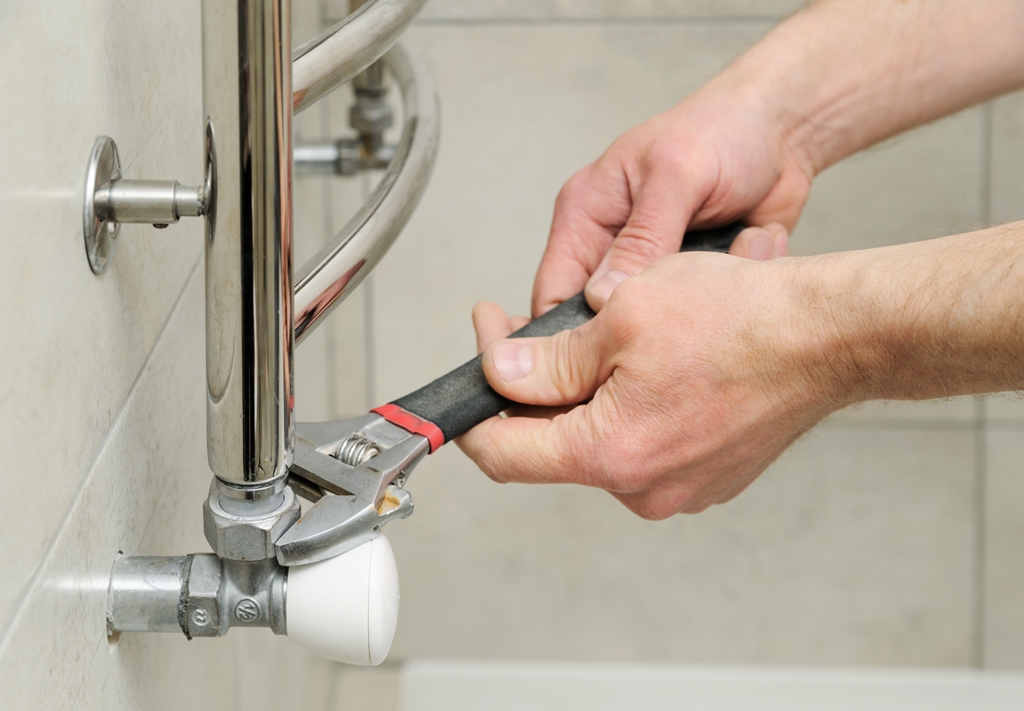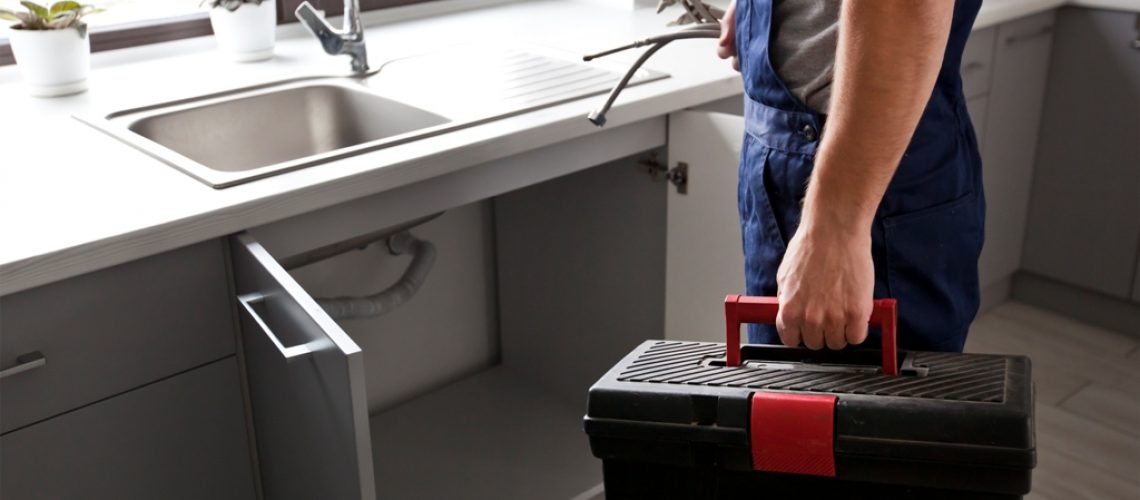The plumbing system plays a critical role in making sure that your home is in good condition. In truth, your plumbing system isn’t meant to last forever. It has a life span, and it’s essential to know how much longer your pipe can last and when you should have pipe replacement to avoid damages caused by broken pipes and busted plumbing.
Below are some of the factors to help you assess if you already need a pipe replacement.
Determine the pipe material
Pipes have different life span depending on their material. You can hire a professional to do an inspection report of your home detailing the type of piping materials used in your home. In the past, classic homes used clay, a material that quickly deteriorates. Here’s a list of pipe types and their life span.
- Galvanized steel – 80 to 100 years
- Brass – 80 to 100 years
- Copper – 70 to 80 years
- Cast Iron – 75 to 100 years
- PVC pipes – 50 to 75 years. Some can last to a hundred years.
However, there are other things you need to consider, as well. It includes the fitting, the pipe joints, and other materials that connect your plumbing to the home’s fixture.

Signs that you need pipe replacement
Besides knowing the pipe material used in your home, you also have to spot these signs to see if you need to schedule a pipe replacement.
Leaky pipes
Leaky pipes can quickly drain your money if taken for granted. It is, in fact, a severe plumbing issue that can affect the entire house. Check your pipes and try to locate where the leak originates. You can fill your bathtub or sink and watch for any changes in the color of the water. It is all the more effective if you were gone for a while, and the pipes haven’t been used. Brown or yellow water means that the pipes have already rusted. If so, schedule a pipe replacement soon. Low water pressure is also a sign of leaky pipes.
You can also hire a professional to check it for you. An experienced plumber will also give you an expert’s opinion if the leakage is too much or if it’s still repairable. Remember that small and sporadic leaks can eventually show up in your entire plumbing system, so it’s better to act fast.
Consistent Clogs
Another thing to look out for is consistently clogging pipes. A working pipe should drain the water away from your home freely. While minor clogs happen sometimes and can just be ignored, frequent clogs should be taken seriously as this is a sign of another larger problem in your plumbing system. It may mean that there’s a deep clog in the pipe, there’s a tree root that penetrated the pipe creating the blockage, and it may also be debris and dirt buildup in the pipe.
For the rule of thumb, you need to replace your pipes and plumbing when you do some renovation in your kitchen, bathroom, or basement. Pipe replacement can be a DIY project, or you can hire a professional plumber for help. If the project ends up being more complicated than you first thought, then an expert plumber is what you need.

